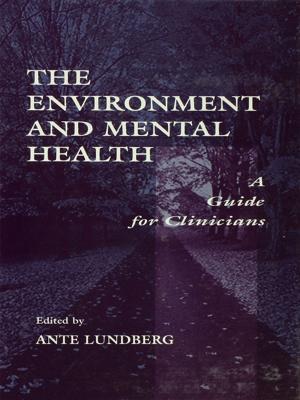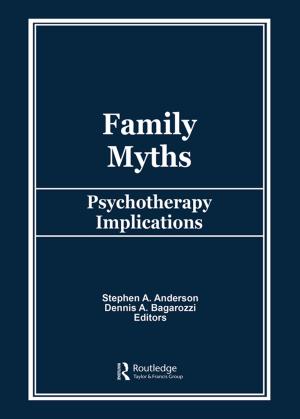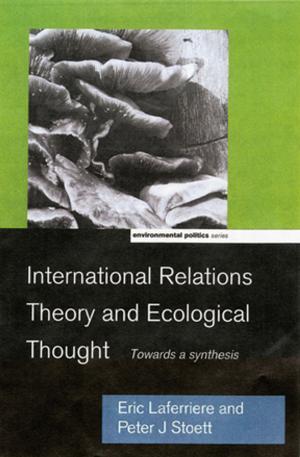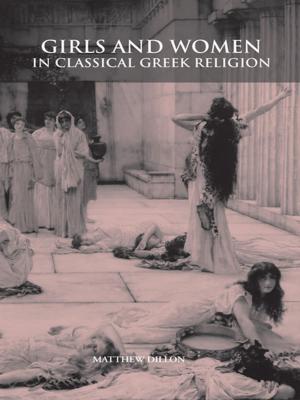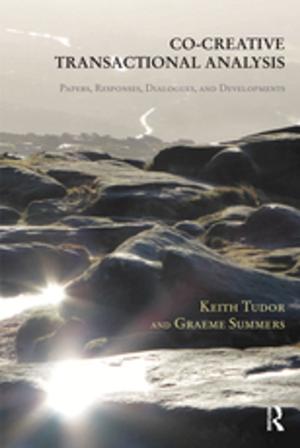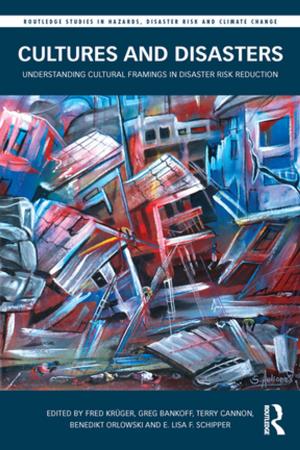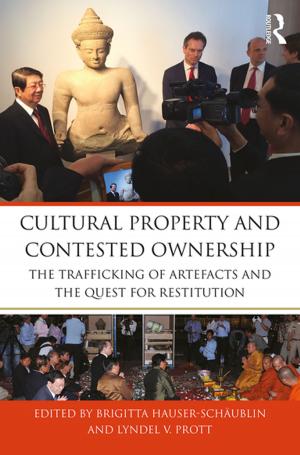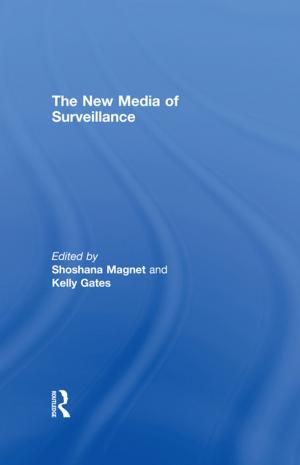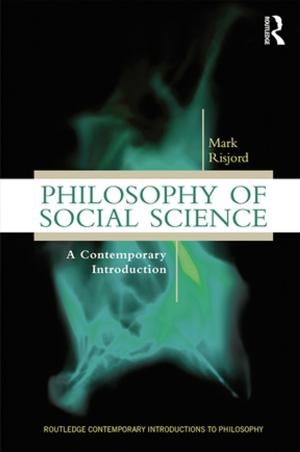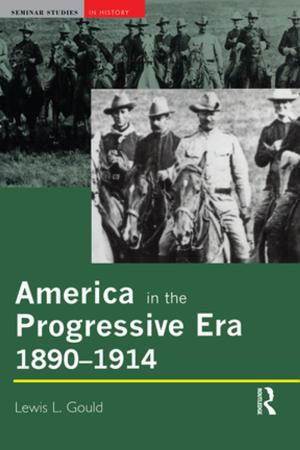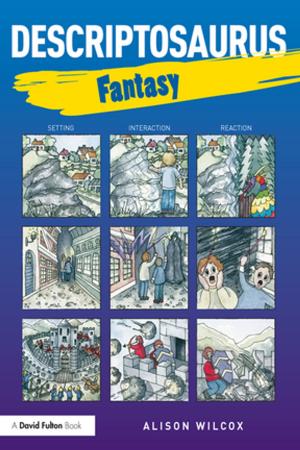Contesting the Middle Ages
Debates that are Changing our Narrative of Medieval History
Nonfiction, History| Author: | John Aberth | ISBN: | 9781317496090 |
| Publisher: | Taylor and Francis | Publication: | October 3, 2018 |
| Imprint: | Routledge | Language: | English |
| Author: | John Aberth |
| ISBN: | 9781317496090 |
| Publisher: | Taylor and Francis |
| Publication: | October 3, 2018 |
| Imprint: | Routledge |
| Language: | English |
Contesting the Middle Ages is a thorough exploration of recent arguments surrounding nine hotly debated topics: the decline and fall of Rome, the Viking invasions, the Crusades, the persecution of minorities, sexuality in the Middle Ages, women within medieval society, intellectual and environmental history, the Black Death, and, lastly, the waning of the Middle Ages.
The historiography of the Middle Ages, a term in itself controversial amongst medieval historians, has been continuously debated and rewritten for centuries. In each chapter, John Aberth sets out key historiographical debates in an engaging and informative way, encouraging students to consider the process of writing about history and prompting them to ask questions even of already thoroughly debated subjects, such as why the Roman Empire fell, or what significance the Black Death had both in the late Middle Ages and beyond.
Sparking discussion and inspiring examination of the past and its ongoing significance in modern life, Contesting the Middle Ages is essential reading for students of medieval history and historiography.
Contesting the Middle Ages is a thorough exploration of recent arguments surrounding nine hotly debated topics: the decline and fall of Rome, the Viking invasions, the Crusades, the persecution of minorities, sexuality in the Middle Ages, women within medieval society, intellectual and environmental history, the Black Death, and, lastly, the waning of the Middle Ages.
The historiography of the Middle Ages, a term in itself controversial amongst medieval historians, has been continuously debated and rewritten for centuries. In each chapter, John Aberth sets out key historiographical debates in an engaging and informative way, encouraging students to consider the process of writing about history and prompting them to ask questions even of already thoroughly debated subjects, such as why the Roman Empire fell, or what significance the Black Death had both in the late Middle Ages and beyond.
Sparking discussion and inspiring examination of the past and its ongoing significance in modern life, Contesting the Middle Ages is essential reading for students of medieval history and historiography.

